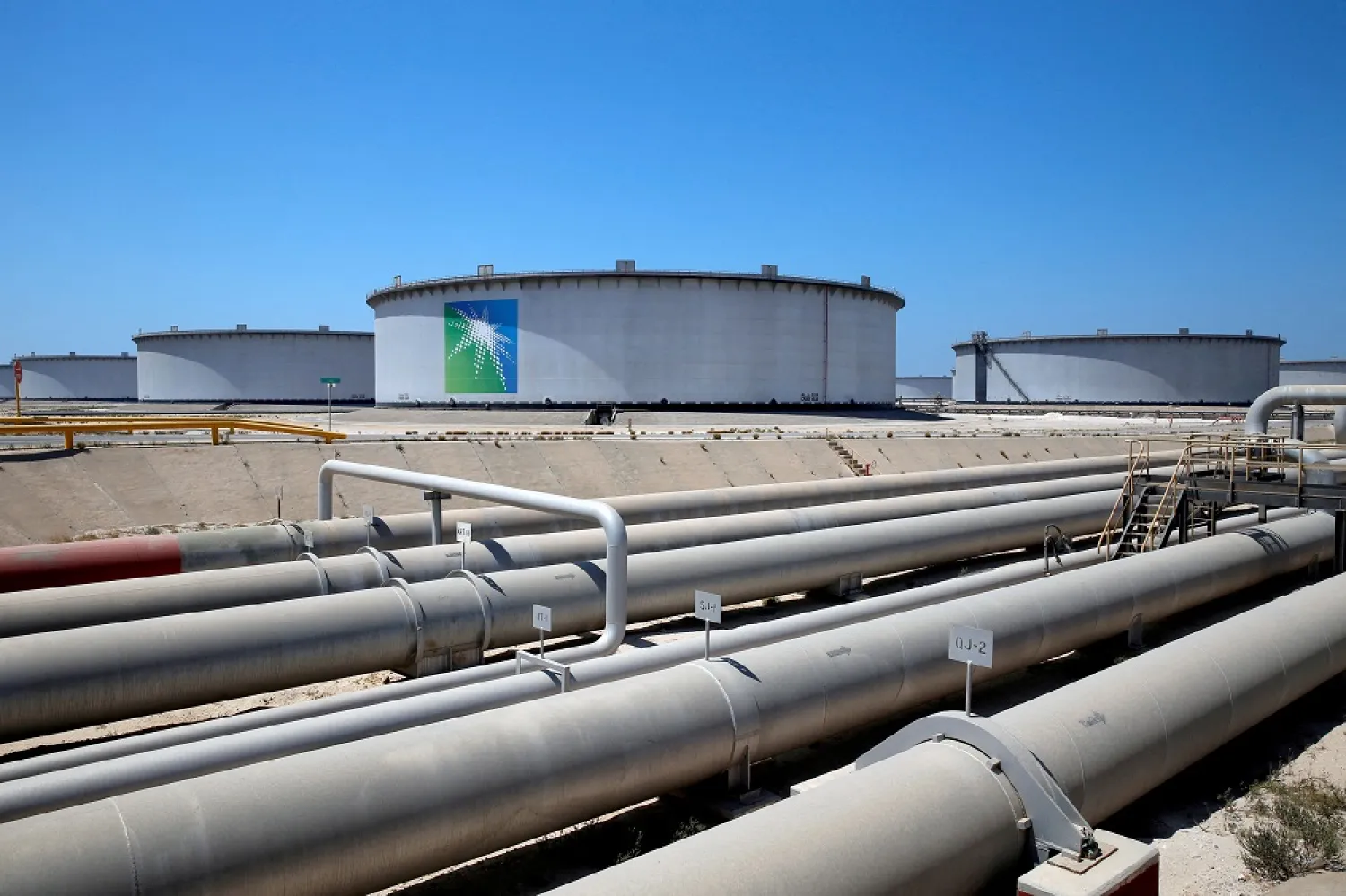Saudi Aramco announced on Monday the signing of an equity purchase agreement to acquire Valvoline Inc. global products business (“Valvoline Global Products” or “VGP”) for US$2.65 billion.
The transaction is subject to certain customary adjustments set forth in the equity purchase agreement.
Valvoline Global Products is a leading worldwide independent producer and distributor of premium branded automotive, commercial and industrial lubricants, and automotive chemicals.
Aramco will benefit from VGP’s robust manufacturing and distribution network, significant R&D capabilities, strong partnerships with major OEMs, and a 150-year legacy of global brand recognition as it pursues opportunities to extend the brand globally.
The strategic acquisition will complement Aramco’s line of premium branded lubricant products, optimize its global base oils production capabilities, and expand Aramco’s own R&D activities and partnerships with OEMs.
Mohammed Y. Al Qahtani, Aramco Senior Vice President of Downstream, said: “Valvoline’s global products business fits perfectly with Aramco’s growth strategy for lubricants as it will leverage our global base oils production, contribute to our R&D capabilities and strengthen our existing relationships with OEMs.”
“Valvoline’s brand strength and global recognition will continue to be developed and extended under Aramco’s stewardship. We are also very excited to have the outstanding people of VGP join the Aramco family as we continue to execute on our ambitious strategy.”
Following the transaction, Valvoline will focus on its market-leading Retail Services business, including further enhancing its growth trajectory and world-class service model. Retail Services expects to benefit from a strong balance sheet and a clear strategy for value creation, including extending its world-class preventive auto maintenance service model to EV owners, and fleets as the car parc evolves.
“The sale of Global Products represents the successful outcome of our strategy to unlock the full, long-term value of our strong but differentiated Retail Services and Global Products businesses,” said Sam Mitchell, Valvoline CEO.
“We have built two leading businesses that are well-positioned for continued success as they pursue their individual strategic priorities.”
“We are pleased that our Global Products team will have a strategic new home with Aramco to further grow the business while developing the brand into a global lubricants leader,” he added.
Completion of the transaction is subject to customary closing conditions, including the receipt of regulatory approvals.









